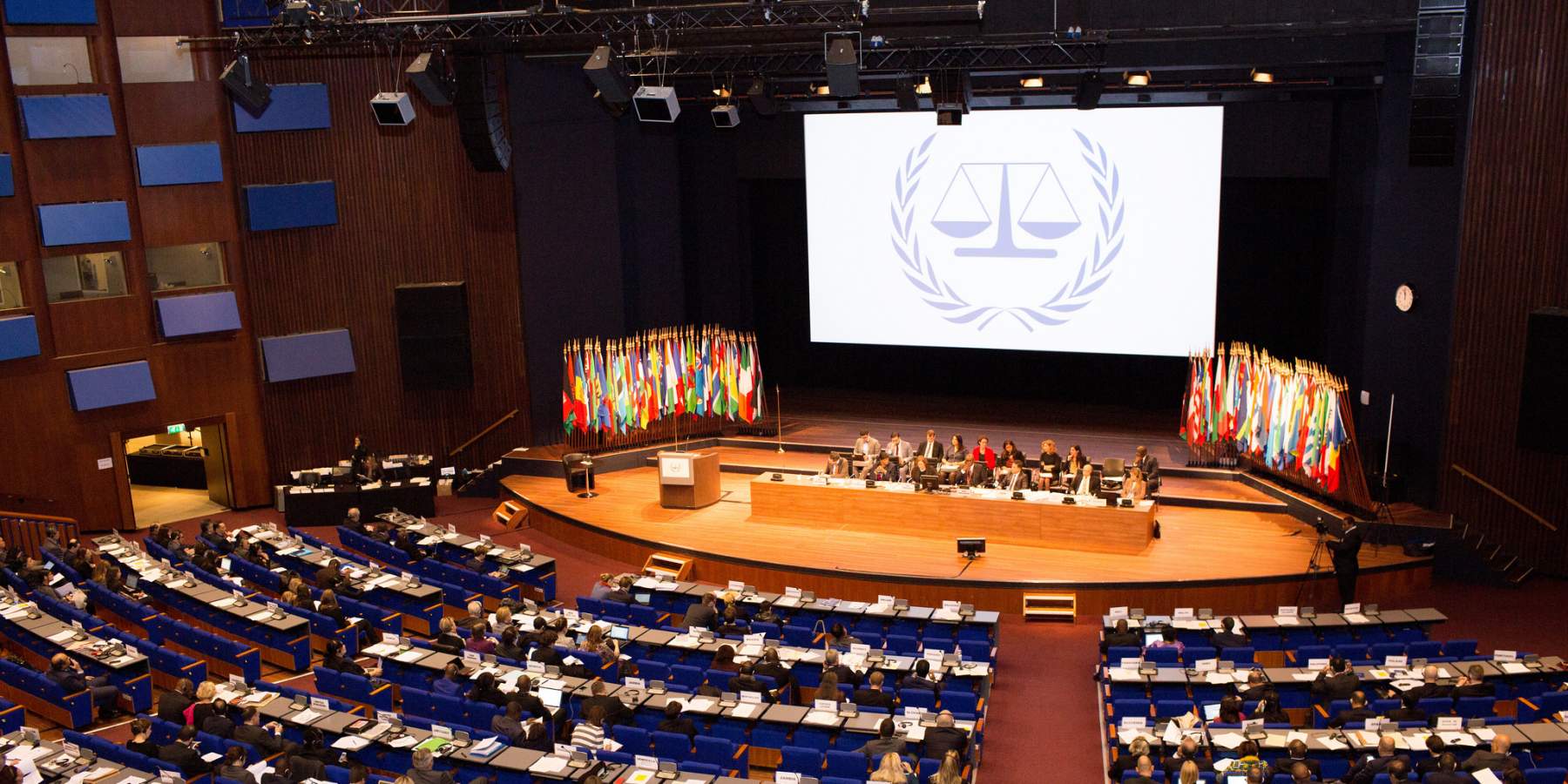The International Criminal Court is the only permanent international judicial body to try individuals for genocide, crimes against humanity and war crimes.
The Court is completely independent having been established by international treaty, the Rome Statute. And it can only prosecute crimes that occurred from 2002 onwards – the date of its establishment.
The ICC in 3 minutes
This video provides a basic introduction to the Court.
ICC basics
Start here to get up-to-speed on the ICC and Rome Statute system.
ICC myths
Not sure what to believe? Here are some facts about the ICC the help you out.
ICC crimes
Genocide, crimes against humanity and war crimes. And the Crime of Aggression may be coming soon.
Preliminary Examinations
How does the ICC determine whether a situation meets the criteria for an investigation?
Opening an ICC investigation
Where does the ICC have jurisdiction? When and how can it be exercised?
National Prosecutions
The ICC is a court of last resort. States must act first.
The UN Security Council
The Security Council can refer situations to the ICC and defer cases if necessary. But all too often politics trumps justice.
Trust Fund for Victims
The ICC delivers not only retributive, but also restorative justice.
Civil society and the ICC
Global civil society plays an indispensable role in helping the ICC deliver truly global justice.
All peoples are united by common bonds.
Their cultures pieced together in a shared heritage.
But this delicate mosaic may be shattered at any time.
During this century, millions of children, women and men have been victims of unimaginable atrocities that deeply shock the conscience of humanity.
Such grave crimes threaten the peace, security and well-being of the world.
We are determined to put an end to impunity for the perpetrators of these crimes and to contribute to the prevention of such crimes.
Inspired by the preamble of the Rome Statute establishing the International Criminal Court.

